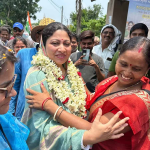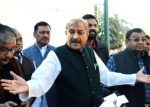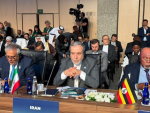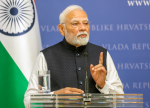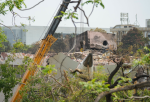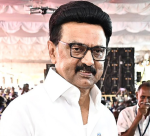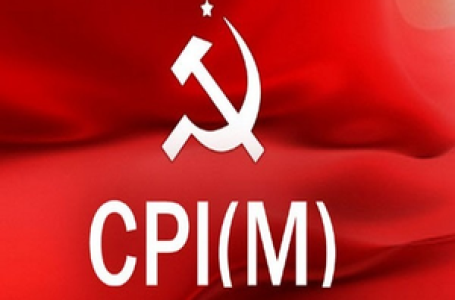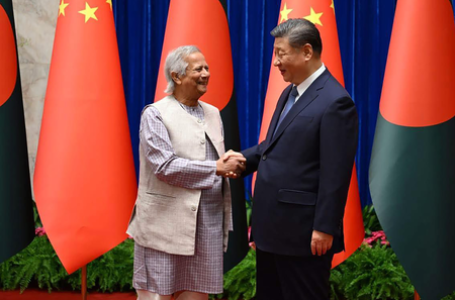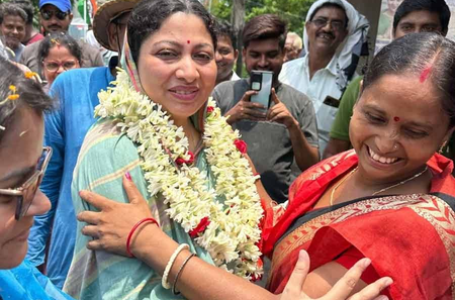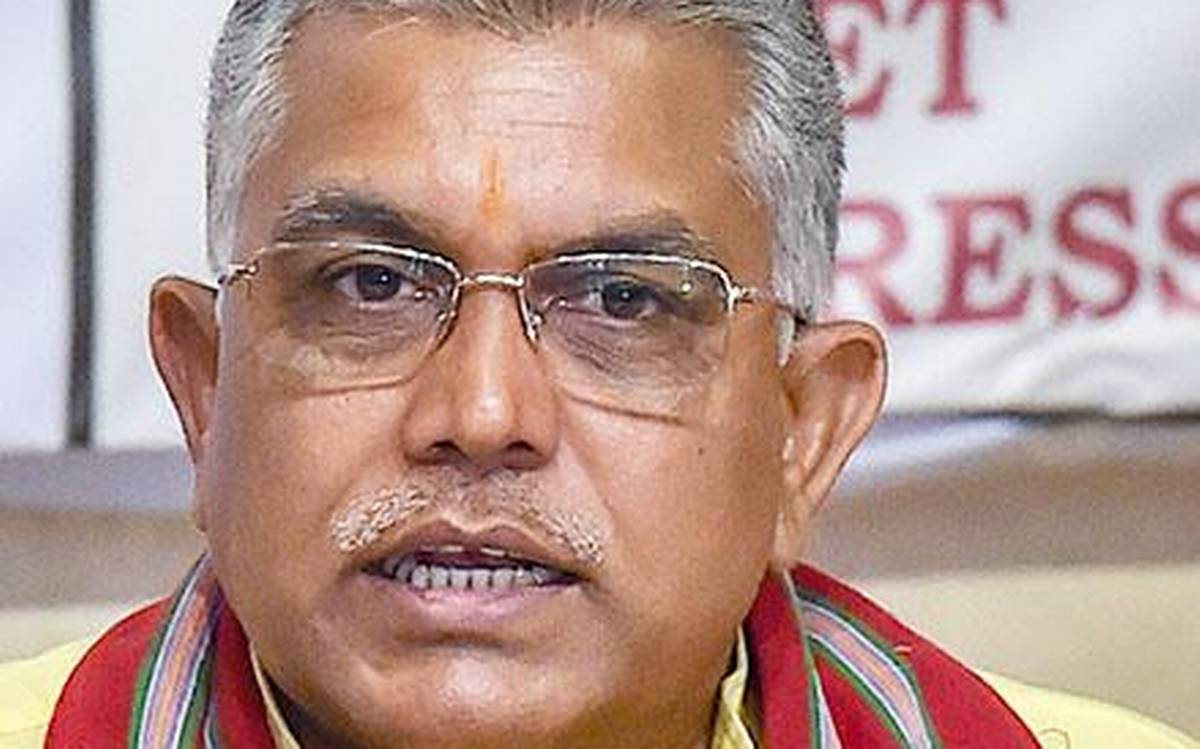
Bengal, the fourth most populous state of India which returns third largest chunk of MPs to the Lok Sabha, had not seen any major demand of division of the state earlier, except for Gorkhaland that does not even cover a full Lok Sabha constituency. But now, and all on a sudden, the scenario has undergone a slight change.
A section of the BJP leaders are talking about partition of the state for development in North Bengal and Jangalmahal of Western districts of Bengal. Recently, the controversy gained momentum as Dilip Ghosh, the state BJP president, obliquely supported such demands by raising questions on underdevelopment of those regions. However another section of the party, and these were the people based in Kolkata and the surrounding districts, opposed the demand vehemently, invoking Rabindranath Tagore.
Tagore opposed partition of Bengal in 1905 and made raksha bandhan a political weapon to fight it. But just a few years after Tagore’s death, Bengal was partitioned as the Muslim-dominated East Bengal separated from India to become East Pakistan. So, invoking Tagore to counter any demand of partition of the state may be a bit far-fetched in modern day India, particularly when the concept of linguistic states has been shunned with creation of Uttarakhand, Jharkhand, Chhattisgarh and then Telengana. But Tagore is always an emotional issue for the Bengalis, and no one gives away any chance of using him politically.
The demand of a separate North Bengal was first raised by John Barla, the MP of Alipurduar, just after the recent assembly elections. At that point of time, the state BJP leadership unanimously condemned his statement. Back then it was reported that the state leadership had the full backing of the central leadership. Subsequently Barla, who is among the 43 new faces who were inducted as a part of the Cabinet reshuffle exercise, softened his voice and explained that he raised the demand keeping in mind the atrocities of TMC workers against his party supporters.
Two months down the line, the tribal leader cum Union Minister of State for Minority Affairs, changed his tack. “Creation of a separate state of North Bengal is the voice of the people of the region,” he said last Tuesday, and then significantly added that he would discuss the issue at appropriate level to bring it to fruition. So, he not only repeated his demand of a separate state, but also spoke of it fruition by taking it up at the appropriate level. It sounds quite serious.
But we know a new state cannot be created out of an existing state if the later has a working assembly and the assembly has not passed resolution okaying the division. One may recall how Laloo Prasad stalled partition of Bihar for years, and then finally agreed due to political considerations. So, only if a time comes when another State Reorganisation Committee will be formed to divide the big states, John Barla may get ample opportunity to plead his case there. Till then, his case can only whip up passion, and nothing more.
But, we may also recall that the strategically sensitive Siliguri Corridor, also known as the ‘chicken’s neck’ of India, where India‘s width narrows down to just 22 kilometres, is in North Bengal. So, the central government will not want any major disruption in Nortth Bengal. It may help Barla.
So it is not insignificant that Dilip Ghosh, the president of state BJP, took a partial U-turn on the issue when he was with Barla in North Bengal. He said Barla’s demand to make the region a separate state was not unjustified, and added, “Being a people’s representative it is John Barla’s duty to listen to those who have voted for him. It is his responsibility and therefore he has raised his voice in their favour.”
Further, accusing West Bengal Chief Minister Mamata Banerjee of neglecting the northern Bengal districts and Jangalmahal area, Dilip Ghosh said, “Today if Jangalmahal or North Bengal want to be separated, then it is entirely because of Mamata Banerjee. Why has north Bengal been deprived of real development even 75 years after independence? Why do people from the region have to move out (to other parts) in search of education, livelihood and healthcare?” He further explained that ‘there are no good hospitals, schools and colleges and no jobs’ either in Jangalmahal and North Bengal. He said, “Our mothers and sisters have to sell saal leaves for a living. Why do they have to go to Ranchi, Odisha or Gujarat for jobs? Do they not have the right to be part of this country’s progress?”
Thus Ghosh made it an issue of development. Significantly, the top echelon of the TMC, i.e. Mamata Banaerjee and her nephew Abhishek, did not react. The question is why. Perhaps because they do not want to play the ‘unity card’ unless it becomes absolute imparative, for they too know the issue of development is sensitive.
The TMC government has launched many significant welfare projects, but has not succeeded to bring industry to the state in last ten years. Along with North Bengal and Jangalmahal, the BJP is also trying woo the Muslims, who have en bloc voted for the TMC in recent assembly elections, by raising the question of development. So, the TMC may not play the card unless they need it to arouse the sentiment of the people of South Bengal that hosts much more electoral seats than the combined strength of North Bengal and western districts. To their advantage, the Bengali media has also not given much importance to Barla or Ghosh.
But this may also work in BJP’s favour, as in North Bengal it may give them an opportunity to quietly lit up the aspirations, while in South Bengal any move for partition of Bengal will be ruled out. Significantly, coming back from North Bengal Dilip Ghosh claimed that there was no question of partition of the West Bengal state which was ‘created by Shyama Prasad Mukherjee’ (who insisted Hindu-majority areas should not be part of East Pakistan). He explained that he had not supported Joh Barla’s demand, but said the sentiment behind it was genuine.
So, in all probability, the issue is an open-ended game for the BJP. And it may be just the beginning of a game the consequences of which are in the womb of the future.



